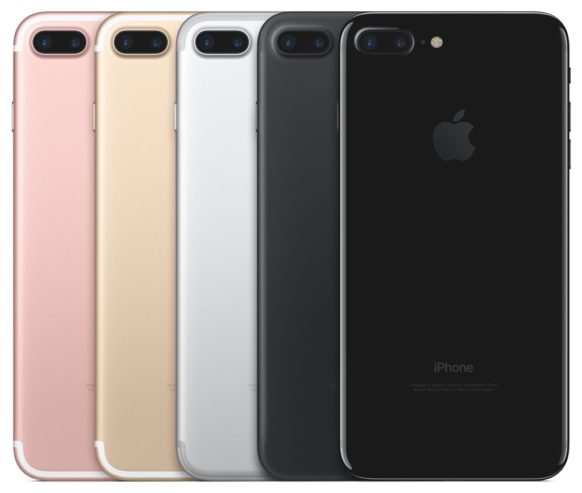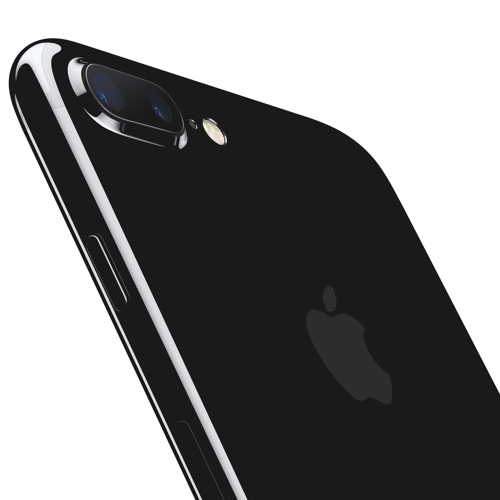The Wall Street Journal, hardware analyst Stephen Baker says Apple’s lack of a “wowing product” prevented it from taking advantage of Samsung’s Galaxy Note 7 fiasco. Many expected sales of Apple’s iPhone 7 lineup to benefit from the Note 7’s woes, but Baker says Note 7 owners simply opted to buy a different Samsung device.

“Most of those who bought or wanted to buy a Note 7 opted for a different high-end Galaxy phone,” Mr. Baker said. “Samsung was able to fend off other Android competition, and Apple, too, thanks to Apple’s own lack of a wowing product this year.”
Samsung put an end to Galaxy Note 7 sales in October, following reports of the device exploding or catching fire. A supposedly safe replacement version of the Note 7 also showed a tendency to catch fire, leading to the termination of sales of the device.
Industry analyst Chetan Sharma joined in on the conversation, saying the iPhone 7’s lack of “a compelling enough feature set,” wasn’t enough to lure Galaxy Note 7 owners over to the iPhone ecosystem.
“Apple has the strongest ecosystem, with its hardware, software and app and content stores,” said consumer tech and mobile industry consultant Chetan Sharma. “iPhone users looking for an upgrade stick with Apple. But in a year when Samsung dropped the ball in a huge way,” he said, Apple “didn’t have a phone with a compelling enough feature set to lure Samsung owners away.”
While the iPhone did well in holiday device activations, with mobile analytics firm Flurry announcing Apple was again at the top of the list with 44% of activations, compared to Samsung’s 21%, Apple actually dropped from 49% the previous year. Samsung activations actually increased slightly, up from 19% the year before. (It should be noted that Samsung offers a number of different phone models, ranging from cheap “burner” phones, up to its Galaxy lineup of premium devices.)
Both analysts agree that both Apple and Samsung made mistakes that cost them growth in 2016. Sharma noted that “the timing couldn’t have been worse for Samsung and it couldn’t have been better for Apple. But the truth is neither company capitalized this year.”
(Via MacRumors)


